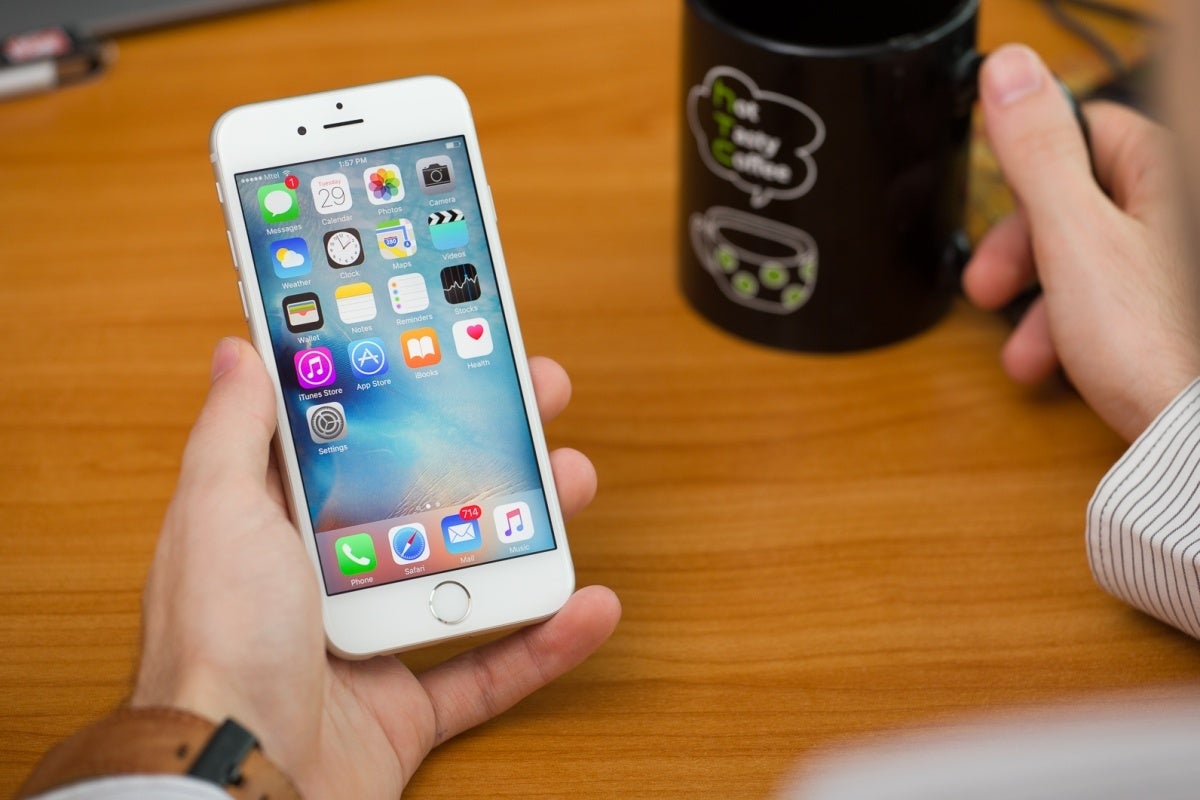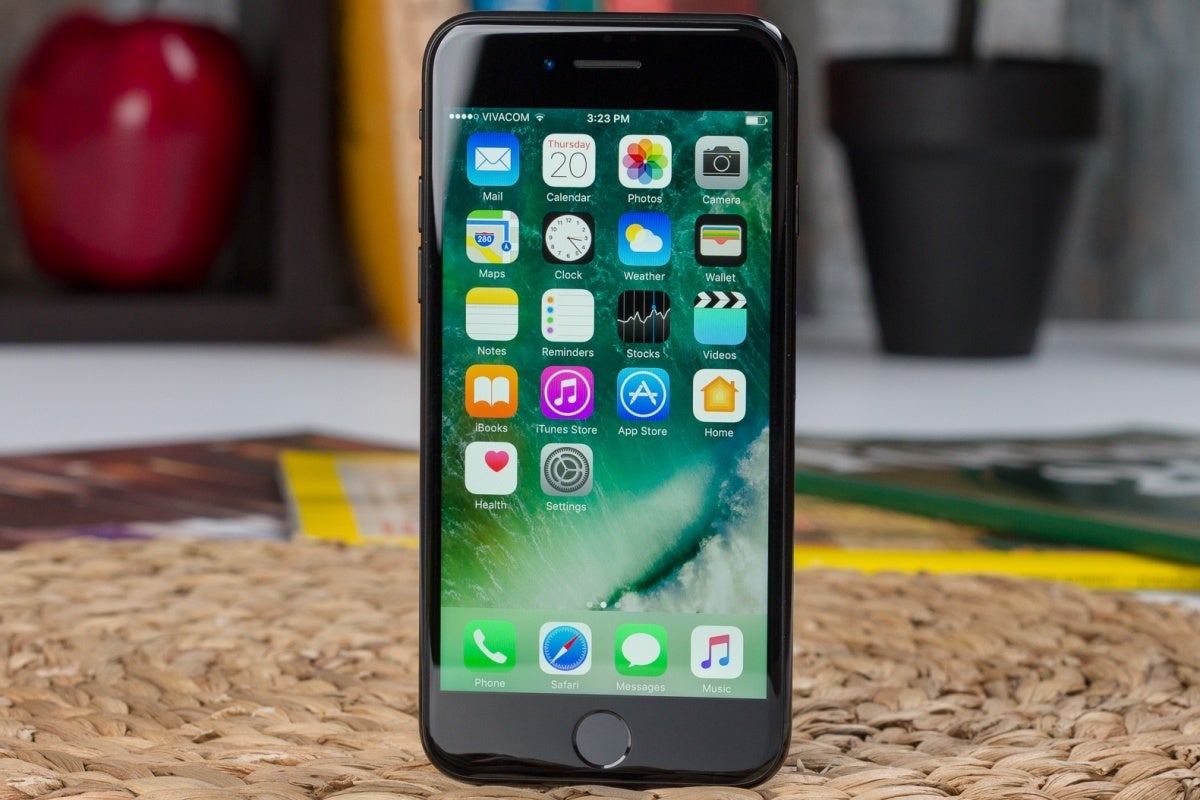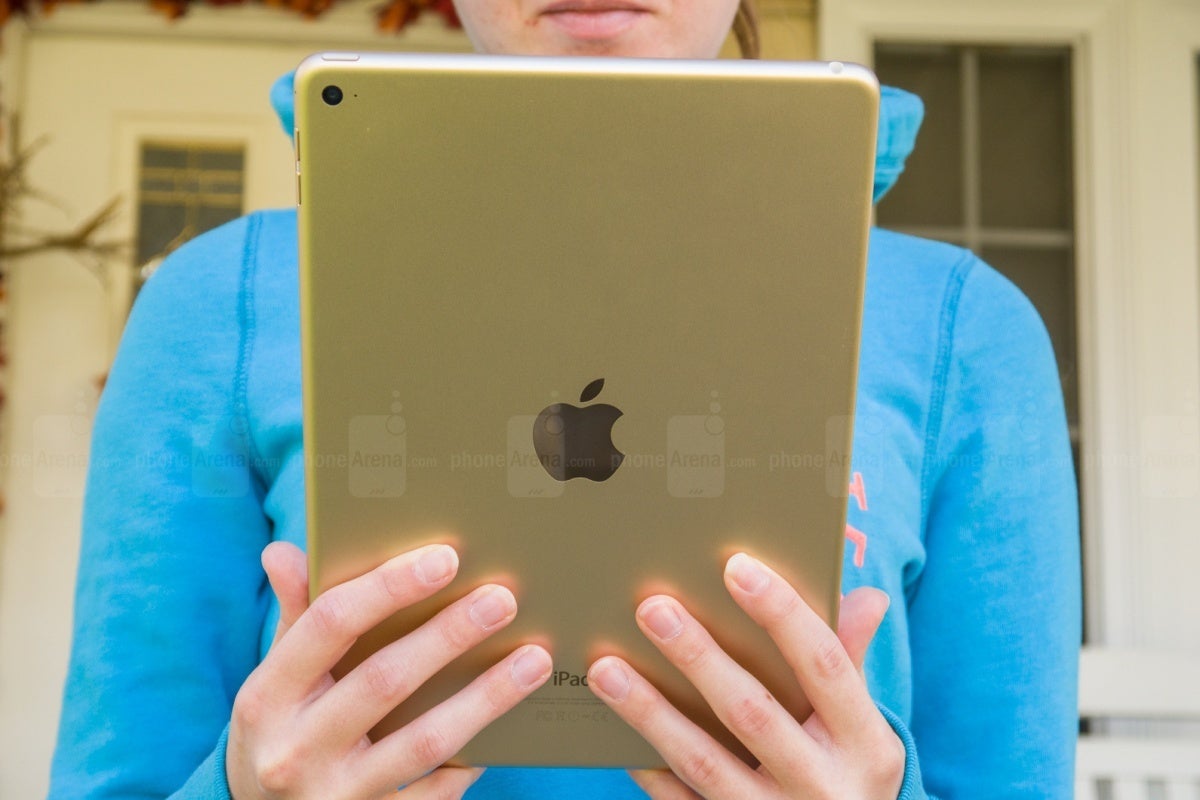Apple's plan to drop iOS 15 support for three popular iPhones gains traction

iPhone 6s
Check out the full list of new and old iPhones likely to be compatible with iOS 15
That may not sound very newsworthy if you consider the fact that iOS 13, for instance, dropped its predecessor's compatibility for not just the 2013-released iPhone 5S, but also 2014's iPhone 6 and 6 Plus. Then again, iOS 14 came with full and official support for every single handset that received the iOS 13 promotion back in 2019, from the iPhone 6s and 6s Plus all the way up to the iPhone 11 family and second-gen iPhone SE.

The iPhone 7 will probably remain the oldest device supported by the latest iOS iteration in the fall
Unfortunately, it sure looks like all three mobile devices released by Apple in 2016 will be abandoned this time around from a software support standpoint. We're talking about the aforementioned iPhone 6s and 6s Plus, as well as the first-gen iPhone SE, all of which are powered by the outdated A9 chipset.
Granted, the below list of existing and future iPhone models set to offer official iOS 15 compatibility is by no means etched in stone just yet, but coincidentally (or not), these are the exact same handsets rumored to support Apple's next big software update all the way back in November 2020 as well:
- iPhone 13 mini
- iPhone 13
- iPhone 13 Pro
- iPhone 13 Pro Max
- iPhone 12 mini
- iPhone 12
- iPhone 12 Pro
- iPhone 12 Pro Max
- iPhone SE (2020)
- iPhone 11
- iPhone 11 Pro
- iPhone 11 Pro Max
- iPhone XS Max
- iPhone XS
- Phone XR
- iPhone X
- iPhone 8 Plus
- iPhone 8
- iPhone 7 Plus
- iPhone 7
It obviously remains to be seen if the iPhone 13 lineup will indeed carry that name and feature a grand total of four main variants or settle for an iterative iPhone 12s branding and lose the diminutive model after the modest reported popularity of the iPhone 12 mini.
iPadOS 15 will be different from iPadOS 14 as well
Meanwhile, Apple is expected to adopt a similar software support strategy for its iPad portfolio later this year, leaving behind three models that run iPadOS 14 just fine when version 15 is inevitably released by the end of 2021.

iPad Air 2
These are the iPad mini 4, iPad Air 2, and "regular" fifth-gen iPad, which unlike the OG iPhone SE, 6s, and 6s Plus, do not share the same processor or a similar launch date. The fifth-generation 9.7-inch iPad, for instance, is not that old, having seen daylight less than four years ago... with the same exact Apple A9 SoC under its hood as the three ancient aforementioned iPhones.
Released all the way back in 2014, the iPad Air 2 is powered by an even older but not necessarily slower A8X processor, with the iPad mini 4 still packing a decidedly humble Apple A8 chipset following its 2015 commercial debut.
Without further ado, here are all the existing iPad models pretty much guaranteed to support iPadOS 15 in the fall, with several new variants bound to be added to the list once they become commercially available in the next few months:
- iPad Air 3
- iPad Air 4
- iPad 6
- iPad 7
- iPad 8
- iPad mini 5
- iPad Pro (1st generation)
- iPad Pro (2nd Gen)
- iPad Pro (3rd Gen)
- iPad Pro (2020)
Follow us on Google News

















Things that are NOT allowed:
To help keep our community safe and free from spam, we apply temporary limits to newly created accounts: